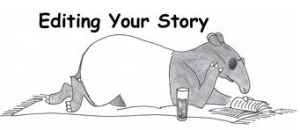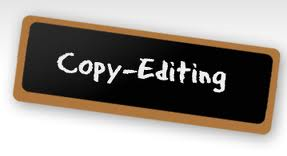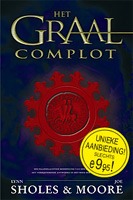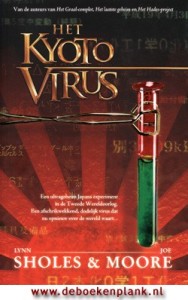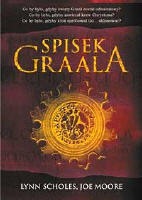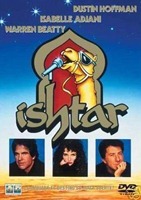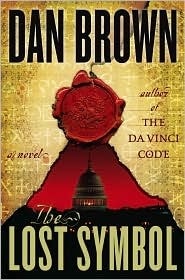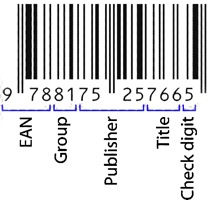What happens after you sell a book to a publishing house? Despite what you may think if you’re a new author, your work is far from finished. In case you haven’t had experience yet with this stage in the writing process or if you are an interested reader, let me describe it for you.
First you’ll hear back from the editor with line edits. Usually we get these as Track Changes in Microsoft Word. The editor will write comments in the margins relevant to the story and will delete/add sentences in the body of the work. You may or may not have a deadline for returning revisions, with your corrections also done in Track Changes.
Assuming your editor accepts this version, next you’ll receive the copy edits. If you’re unsure about the difference between line or story edits and copyediting, see my article here: http://bit.ly/18zyJbj. You make corrections again and send them back. Often I’ll find problems like sentences that should be bumped ahead to the next paragraph, missing punctuation or dialogue attributed to the wrong character. These are formatting errors.
Next come the page proofs or galleys. This is your last chance to make changes and to proofread your work. Again, you’ll have a deadline, often a week or two, in which to respond.
Sometime along the way, you may be lucky enough to receive an advance peek at the front cover design. Recently I got the one for my next mystery, and I immediately sent back two corrections and some color preferences. I’m lucky my publisher is so accommodating.
You may also get a glimpse at the inside cover flap (for a hardcover) and back cover copy. Once I felt the wording was too revealing about the suspects and requested changes. It’s nice when you have a chance to give your approval.
Naturally, if you are self-publishing, you have to hire people to do all these tasks. But you’ll still have the proofreading and corrections regardless of which route you take.
At the moment, I am working on four books. Three are already written. On Book 1, I’m waiting for page proofs and final cover design. This one already has a scheduled publication date. On Book 2, I am hoping for an offer followed by line edits. These will take me a while since the story is a long one. On Book 3, I’m working with an editor toward self-publishing my first original title.
As for book 4, I’m only at the synopsis and research stage, but I need to start writing it soon to finish by my editor’s requested date. Add in various trips and holidays within the next few months, and I’ll be lucky to have time to breathe. This requires prioritizing. The books that come in with edits or page proofs from my publishing houses will be first on the list.
So you see, until a book is actually on the virtual (or real) bookshelves, your work isn’t finished. When the book finally is for sale, then you’ll be jumping on the marketing bandwagon. And that starts a whole new ride.
How many of you have several works in production at the same time?

